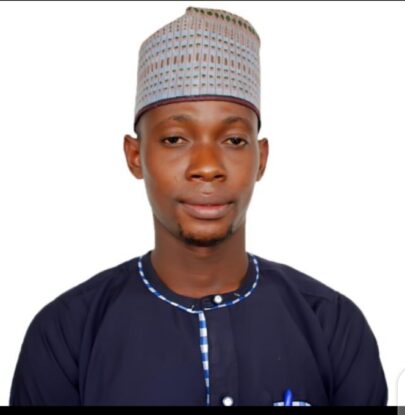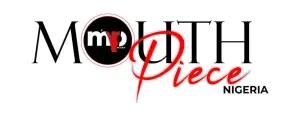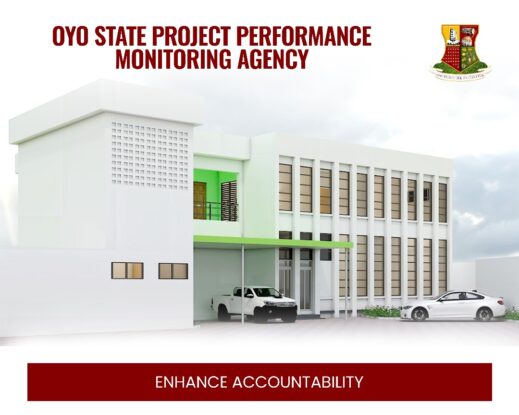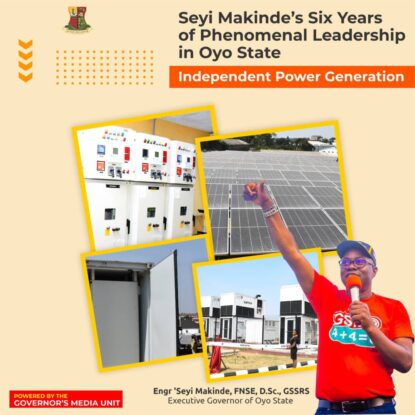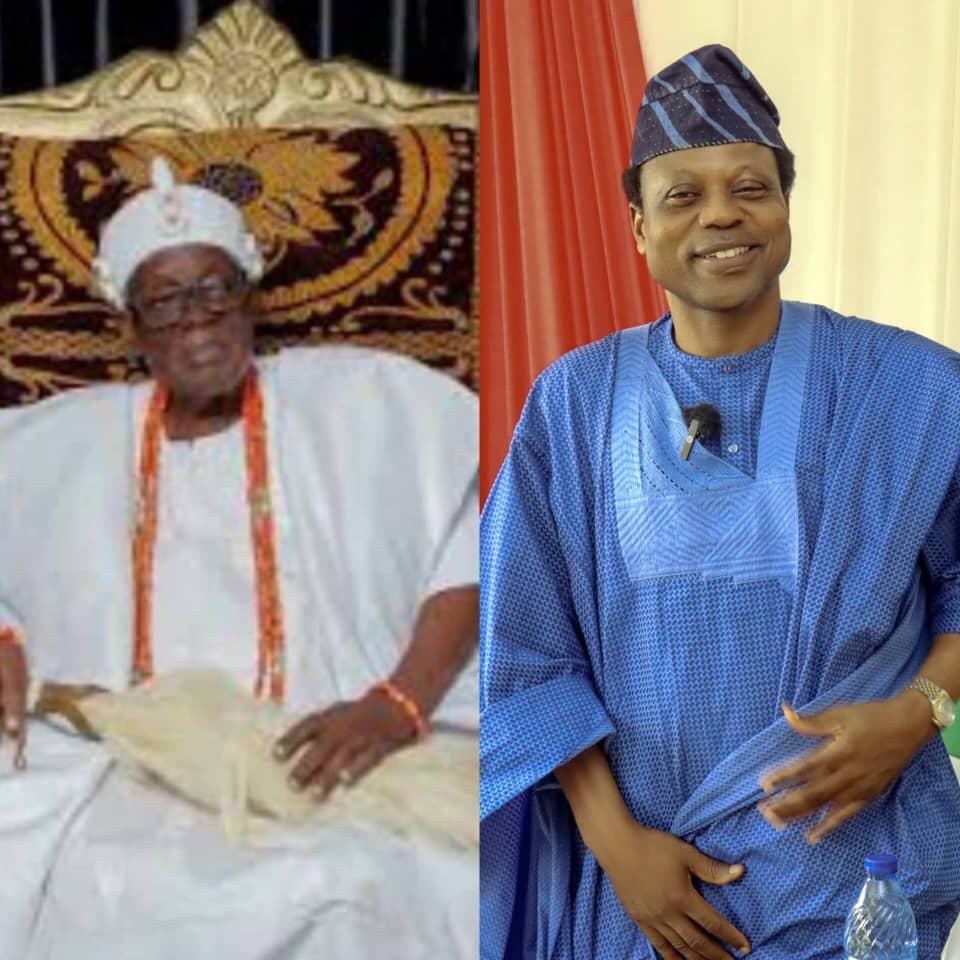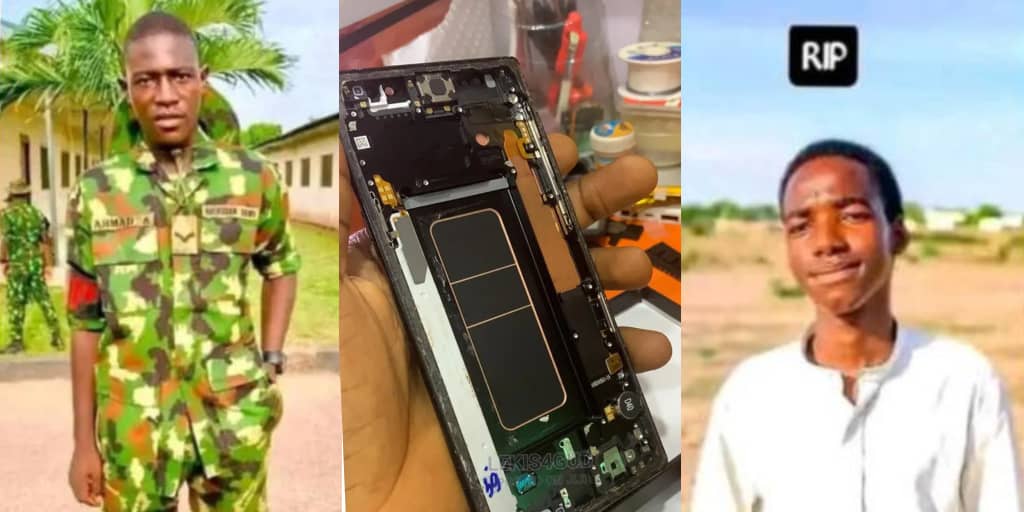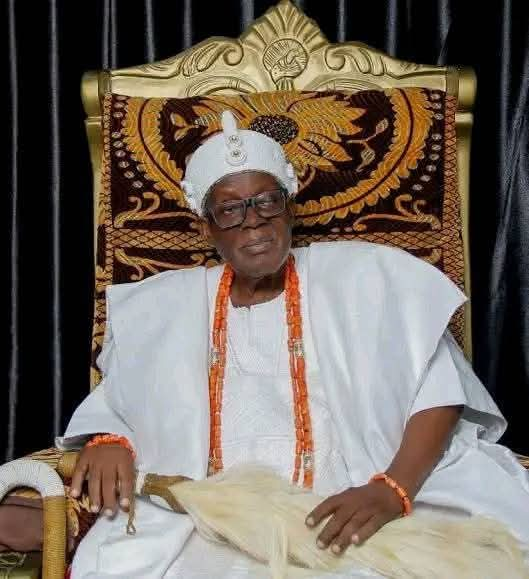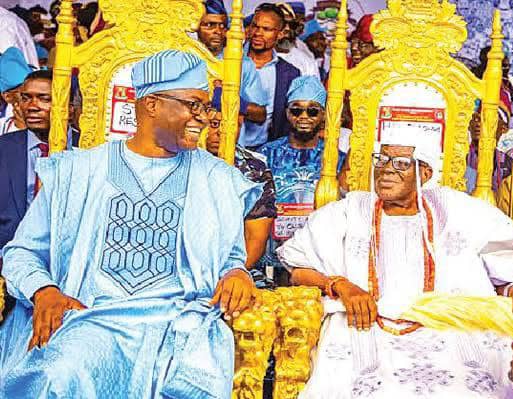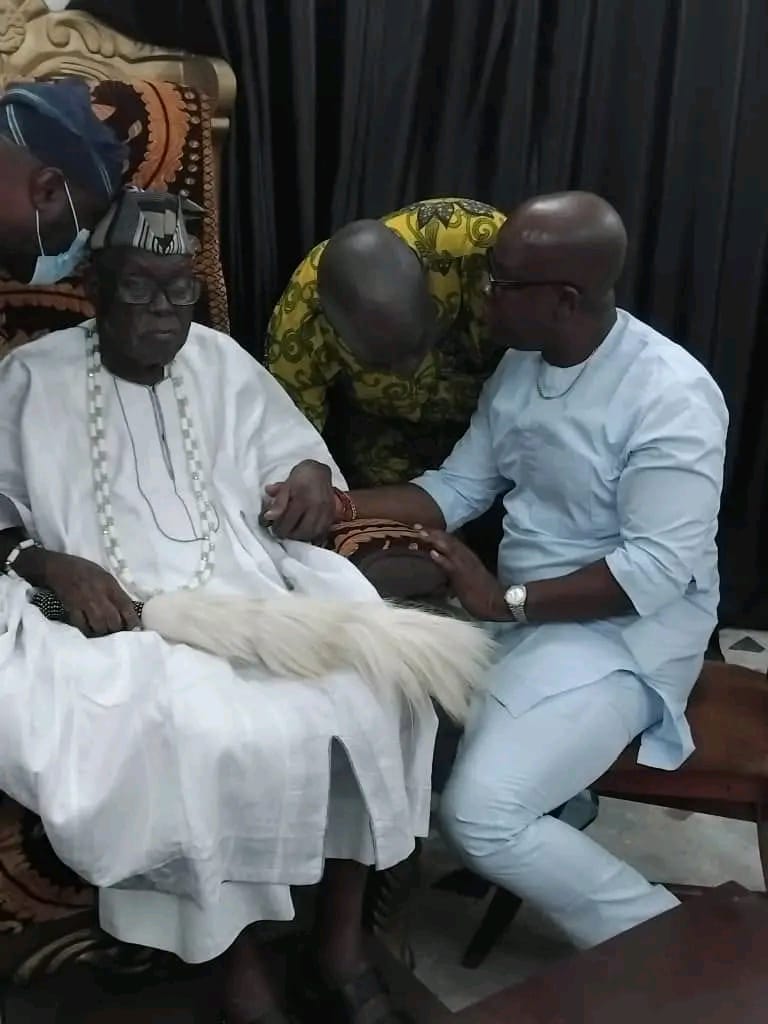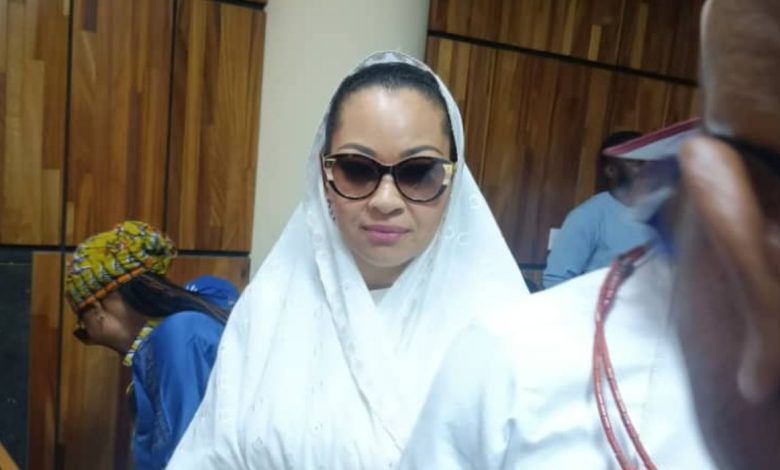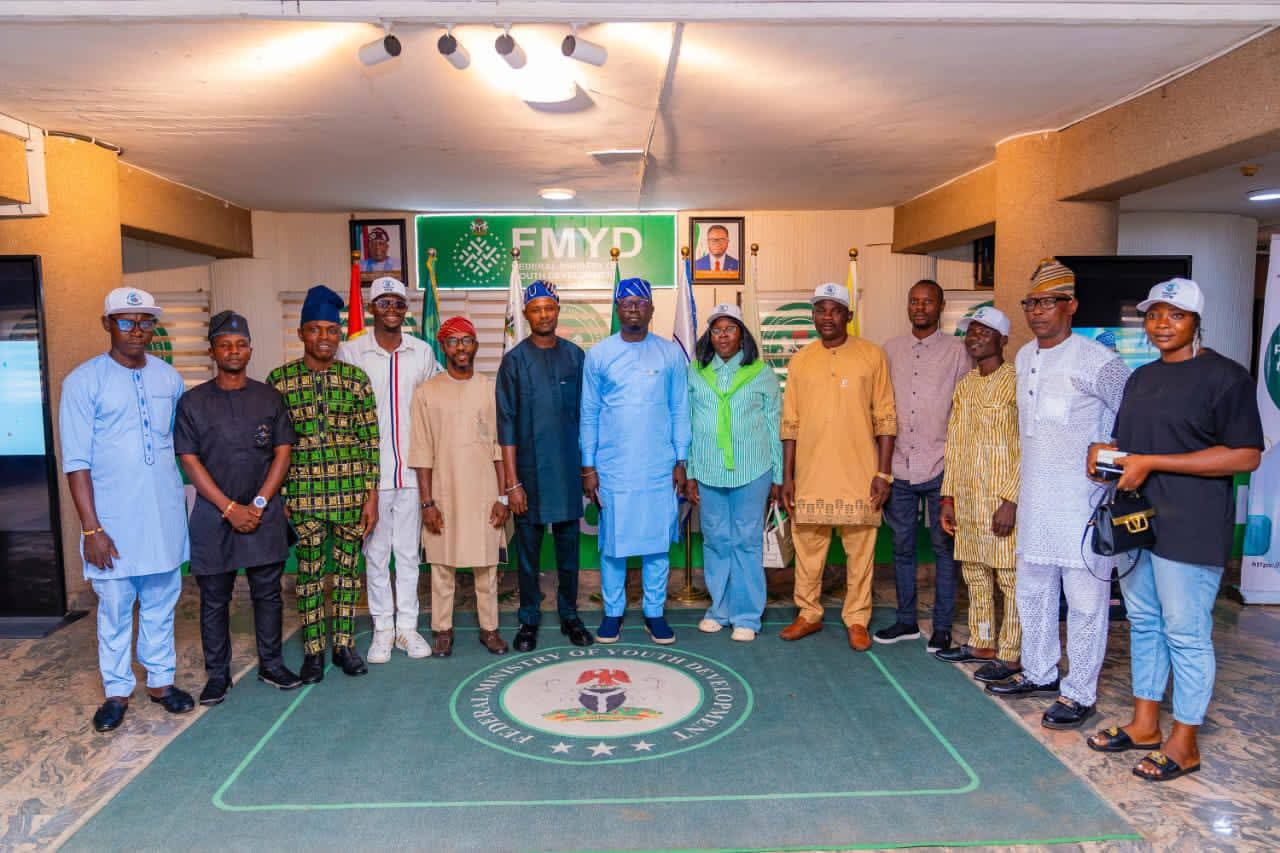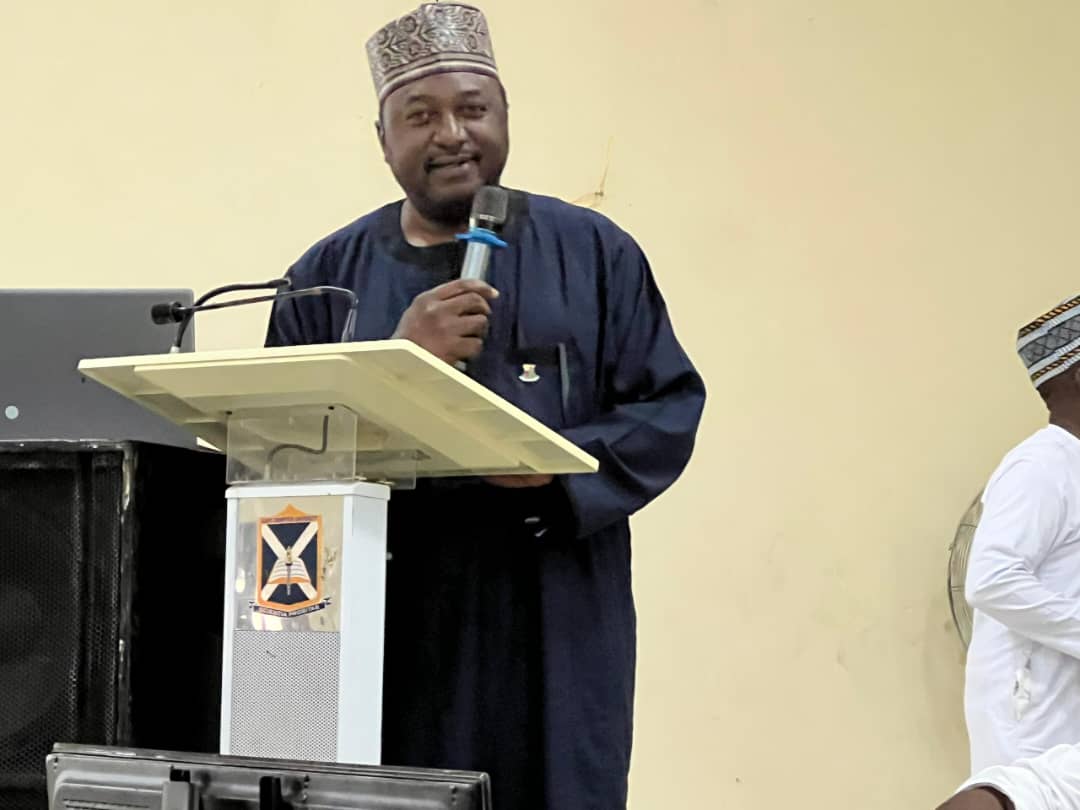SUBEB/TESCOM EXAMINATION: Stop Flying by the Seat of Your Pants
By Basheer Luqman Olarewaju
Intrinsic to the ethical standard of Respect are trust and fair-mindedness. Kwara State needs at this juncture, teachers who honour human dignity, imbue with emotional wellness and personify cognitive development. In their professional practice, those who model respect for spiritual and cultural values, social justice, confidentiality, freedom, democracy and the environment. Teaching is a rewarding profession in which educators help students gain an appreciation for knowledge and develop new skills.
Teachers must model strong character traits, such as perseverance, honesty, respect, lawfulness, patience, fairness, responsibility and unity. As a teacher, he or she must treat every student with kindness, equality and respect, without showing favoritism, prejudice or partiality — These ethical practices teach students to strive for excellence and consistently do their best in class. Therefore, teaching professionals that are manipulative of their colleagues, superficial in their teaching approach, selfish, speculative, showing signs of corruption are unethical teachers.
The truth is, every principal (or government) wants teachers to have passion and enthusiasm for teaching — a desire to teach that goes well beyond just a career choice or job. It is a genuine interest and enthusiasm for teaching that invigorates teaching style and gets a passionate teacher noticed. Identifying the best possible candidates for the next generation Citizens is one of the first steps in building a strong and healthy society. Teacher quality matters. In fact, it is the most important school-related factor influencing student achievement.
Kwara Teachers Screening Procedure is just like other Teaching or TESCOM Screening Process. You will have to meet the necessary requirements to get it right or to be recruited. The screening will ensure that only qualified teachers are recruited and people with integrity. This will help not only boost the system but to create blockage on every leakage where financial misappropriation was created in the Kwara teaching system. This administration sees to reality that Teachers are front-line practioners, and their collective competence or incompetence unquestionably helps to determine the strength of the impact schools have. This screening, based on valid measures of teaching competency, can have a significant role to play in the improvement of teaching in the state.
While collating thoughts from prospective teachers, a friend who sat for the examination revealed his ordeal. He however testified that, One of the first steps in the development of an effective teacher workforce is to identify applicants who first, are likely to succeed in an unbiased exercise of such status quo, and second, are likely to experience success as practicing teachers. Evidence for individual differences in the developmental trajectory of teachers is persuasive, with both cognitive attributes (e.g., academic ability, subject knowledge, pedagogical knowledge) and non-cognitive attributes (e.g., interpersonal skills, personality, and motivation) hypothesized to contribute to these differences.
Collecting robust data on applicants’ cognitive attributes at the point of selection into the teaching system of the state is comparatively straightforward, with academic records from University, College of Education and Secondary School widely available to selectors, and tests of academic ability and subject knowledge available from a wide range of sources such as the initiative adopted by the government.
What’s the single most important decision educational administrators make? The answer, one could tell again and again, is the selection of a classroom teacher. The classroom teacher, without a doubt, is the most critical element in a student’s growth and academic achievement. Peel all the layers of administration and there would remain the core of the educational process—a teacher in a classroom with children. Think of teacher hiring as the leverage for moving the development of youth and their performance upward to new levels.
The key to the success of a society education is the quality of its teachers. Selecting great teachers is a skill—a skill that is learned through purposeful policy, and without it the state can get mired in trouble fast. Why Governor AbdulRahman AbdulRazaq’s administration reinvented the process was to bring sanity back to our decaying education. In the past, the state has akward process of recruiting teachers; they rely on subjective intuition in making critical decisions about selecting teachers, rather than basing their decisions on objective, predictable, performance data.
The teacher is the lever, and the quality of the teacher will determine how much leverage our students get to positively affect their learning and growth. Thus, in their minds (those who see negativity) there is little doubt that teacher hiring is the most important action an educational leader takes. Gov AA is not available for mediocrity of those untrained administrators who made hiring decisions based on subjective experience— Flying by the seat of their pants.
